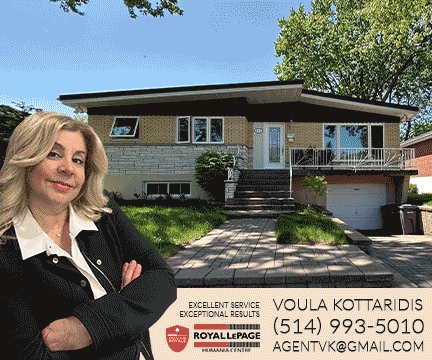How it will work and how will it affect Park Extension

Last week the City of Montreal announced a new plan to create a city-wide rent registry and building owner certification program to address increased renovictions, reduce substandard rental units and stop “abusive” rent increases.
The announcement came at a press conference on Feb. 15, where Mayor Valérie Plante outlined the new plan alongside Benoit Dorais, executive committee member in charge of housing.
The new system will require the owners of buildings with eight or more units to register with the city and report the state of their building to the city every five years, and disclose the rent they charge and whether their units are occupied.
According to the city, this will cover 250,000 units in 12,000 buildings across the city, accounting for 35 per cent of the rental housing market. While they said the plan addresses the ongoing housing crisis, many housing advocates say it doesn’t go far enough.
Reversing the burden of proof
“We believe it will be quite discouraging and will support landlords to do what’s right,” said Mayor Plante as she presented the plan at a press conference last week. She added that the change would “reverse the burden of proof” from the tenants to the landlords, making them have to prove that their rental units are in good condition.
“The vast majority of building owners take care of their buildings,” explained Plante, but also highlighted that “unfortunately there is a minority of owners who force us to take these strong measures.”
Landlords will have to demonstrate that their buildings are structurally sound, free of mould and vermin and ensure they complete basic repairs and maintenance.

Unhealthy living conditions
In Park Extension, several renters have reported living in apartments with unsafe and unhealthy living conditions and interacting with abusive and negligent landlords.
According to Dorais, they targeted this class of buildings as a city report on public health found that the worst cases of unsanitary housing conditions occurred in buildings with eight or more units.
Information on a building’s condition and rental prices would be publicly available through the registry on the city’s website. This was one of Projet Montréal’s key promises during last Novembers’ municipal election.
“The vast majority of building owners take care of their buildings, but unfortunately, there is a minority of owners who force us to take these strong measures.”
Many tenants still left out
In an area like Park Ex, where many people live in buildings with fewer than eight units, some say the plan would not cover enough renters to address the housing crisis successfully.
“The plan only covers buildings with eight units or more – which excludes over 65% of the housing market,” said Amy Darwish, interim coordinator at Comité d’Action de Parc-Extension (CAPE).
CAPE also said that because rent prices are reported every five years, the registry will do little to inform future residents on previous rates. “Tenants won’t be able to use the information to validate the rent paid by a previous tenant and challenge abusive rent hikes,” added Darwish.
Because the city will roll out the program gradually over the next five years, Darwish said the plan would do little to address current issues. “For many tenants living with poor housing conditions or facing abusive rent hikes, this will be too little, too late,” she stated.
“If we really want to rein in skyrocketing rents in neighbourhoods like Park Ex and across Montreal, we need a real lease registry and compulsory, universal rent control,” said Darwish.

Penalties and fines
The rollout would begin during the winter of 2023 with buildings of 100 or more units and work its way down to smaller buildings. They expect the plan to be fully implemented within five years.
Owners who choose not to comply with the plan will be fined daily for every day they rent without the registry. They could also see their certification revoked if they fail to complete required maintenance or do not comply with sanitation standards.
For individual owners, the fines would range from $250 to $650 for a first offence and $1,250 to $2,500 for repeat offences. Businesses would face heftier fines, ranging from $500 and $1,250 for a first offence, while repeat offenders could see fines ranging from $2,500 to $5,000.
Non-compliant owners would also lose access to financial assistance under the city’s affordable housing renovation program. The city said it would conduct yearly audits and undertake verifications in certain buildings, including inspections.










